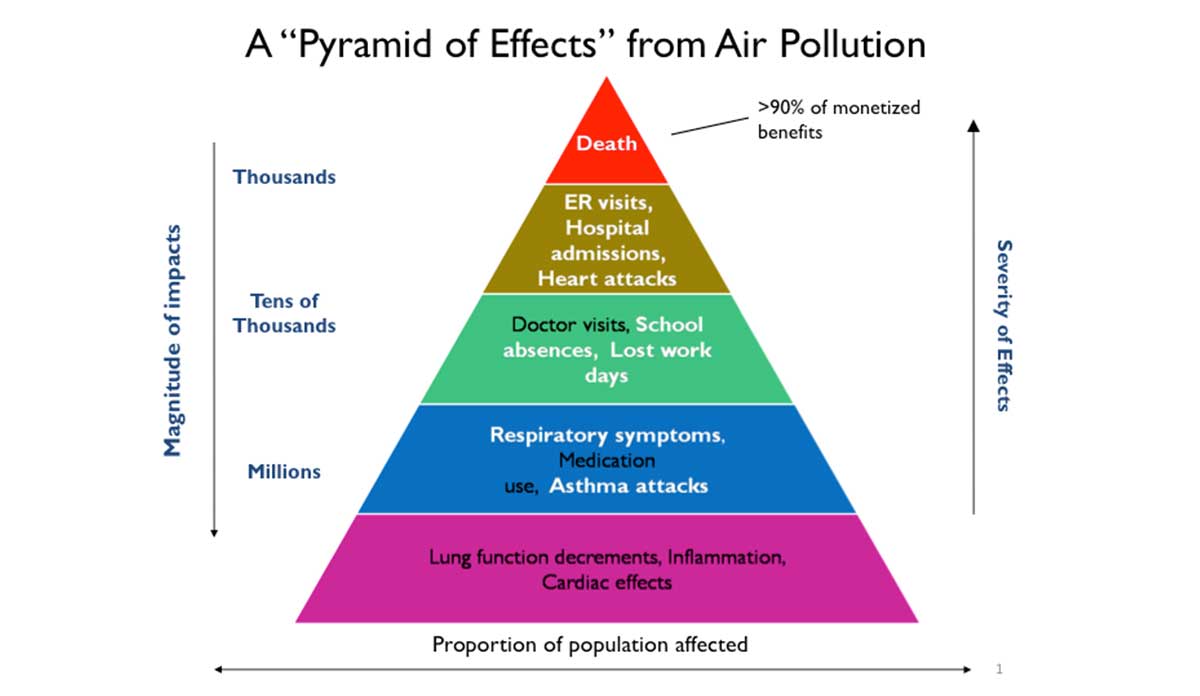President Donald Trump has nominated Oklahoma Attorney General E. Scott Pruitt to head the Environmental Protection Agency (EPA). Mr. Pruitt has a long and unabashed history of disputing the widely established scientific evidence climate change is both real and human-caused. While Mr. Pruitt modified his stance on the validity of climate science in his confirmation hearing last week, he only shifted so far as to acknowledge the possibility, which he still qualified as unsettled, stating: “science tells us that the climate is changing and human activity in some manner impacts that change. The human ability to measure with precision the extent of that impact is subject to continuing debate and dialogue, as well they should be.”
This statement may sound encouraging for people who were concerned about Pruitt’s nomination. However, his career and positions demonstrate that he has been actively opposed to the EPA’s regulatory work. His Oklahoma Attorney General website says as much: Scott Pruitt “is a leading advocate against the EPA’s activist agenda.”
Mr. Pruitt’s nomination and potential leadership of the EPA should raise numerous public health concerns for people of all political convictions.
Mr. Pruitt’s nomination and potential leadership of the EPA should raise numerous public health concerns for people of all political convictions. The long-term detriment of global warming may be hard to comprehend – although to be clear, climate change is having visible, measurable, negative impacts globally, including in many U.S. communities. But the public health disaster of a weakened or dismantled EPA (which Mr. Trump has endorsed) will have clear, short-term impacts, driving home the public health crises which await the country should Mr. Pruitt take over the agency.
One of these examples with clear, short-term, negative consequences is increased air pollution. As with the evidence of climate change, there is scientific consensus that air pollution leads to health problems, including breathing and lung problems, increased risk of heart disease and cancer, and eventually death. While there is room to negotiate details about how to eliminate air pollution, there is clear evidence air pollution is a significant public health problem.
The starkness of this problem simply underscores the threat to public health a weakened or eliminated EPA represents. The EPA is the federal weapon to fight air pollution , and Mr. Trump and Mr. Pruitt are promising to disarm it, to devastating effect.
Databyte via How BenMAP-CE Estimates the Health and Economic Effects of Air Pollution. United States Environmental Protection Agency.













